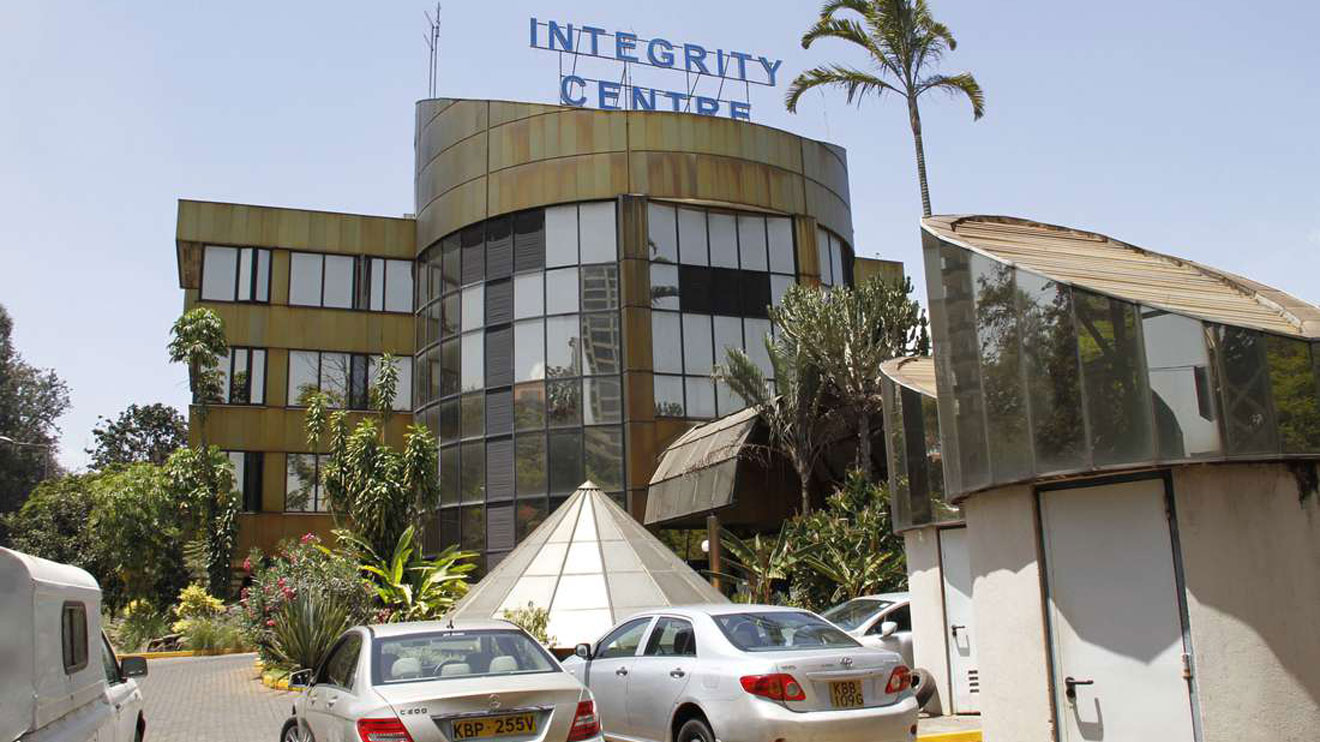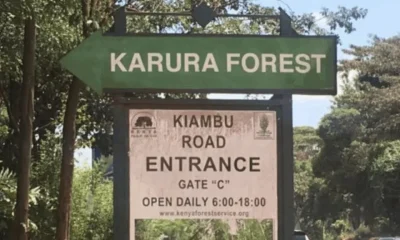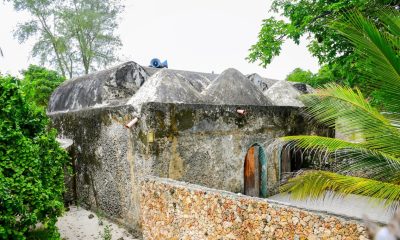News
Controversial Sale of Judge’s House – How a Top Judge Was Kicked Out of Her Home in Kileleshwa

A top government house in Nairobi’s leafy Kileleshwa neighborhood, reserved for senior judicial officers, has mysteriously ended up in the hands of a private tycoon.
Sold for Sh120 million and now valued at Sh170 million, the plush residence was meant to accommodate top judges. Instead, it’s now the center of a legal storm.
The Ethics and Anti-Corruption Commission (EACC) is fighting in court to reclaim property it believes corrupt land officials stole through forged documents, fake backdating, and inside help.
This is the shocking story behind the controversial sale of the judge’s house.
Scandal Uncovered in Controversial Sale of Judge’s House to Tycoon Linked to Land Fraud
In June 2023, High Court judge Justice Judith Omange received an eviction letter. The home she lived in—allocated to the Judiciary in 1984—was no longer hers.
According to the letter, Gaschan Holdings Limited, led by CEO Salah Mohamed, became the new owner and demanded that she vacate.
This wasn’t just any home. The property, officially registered as HG 629, had served Kenya’s Judiciary for nearly four decades.
The public owned it, and multiple judges had lived there over the years. But now, someone had allegedly “grabbed” it, sold it off quietly in a shady deal, and the new owners were demanding their property.
The EACC stepped in quickly after Justice Omange raised the alarm. Their investigation uncovered a chain of events marked by forgery, manipulation, and questionable government dealings.
The Ministry of Lands records no longer listed the house under the Judiciary—officials had transferred it on paper to a private citizen named Francis Ndung’u Njoroge.
Njoroge had all the paperwork: a lease certificate and allotment letters issued by the Ministry of Lands. At face value, everything looked legal. But according to EACC investigator Caroline Kimathi, the documents were part of a well-orchestrated fraud scheme that began in 2021.
The Web of Fraud – How the Conspirators Stole the House
The EACC says the scam began when conspirators forged allotment letters and backdated them to 1998. Their goal?
The conspirators bypassed the National Land Commission (NLC), which the Constitution mandates to be consulted on public land matters, by backdating the allotment to a time before the NLC’s establishment. This move allowed them to evade scrutiny.
They forged letters to manipulate land records, creating the false impression that the property had been legally removed from public use.
The Ministry of Lands’ own staff were allegedly complicit. On September 1, 2022, a Land Administrative Officer, Peter Nzuki Mutwiwa, issued Njoroge a 99-year lease certificate—backdated to September 1, 1998.
Two months later, Njoroge incorporated Gaschan Holdings Limited, naming himself the sole shareholder and director.
He wasted no time. By June 2023, he sold the house to Salah Mohamed for Sh120 million. Today, the house is worth at least Sh170 million, and the Judiciary no longer has access to a key staff residence.
EACC Fights to Reclaim Public Property
The EACC has taken the battle to the Environment and Land Court in Milimani, seeking to revoke the ownership of the property and return it to the Judiciary.
They allege that the entire process—right from the forged documents to the land transfer and eventual sale—was illegal.
Their case is built on what they call “fraudulent alienation of public land.” They argue that there was no lawful process to convert the property from public to private ownership.
Even worse, they say the Ministry of Lands facilitated the fraud through deliberate manipulation of records.
According to the EACC, the transfer violated multiple laws, including constitutional provisions that protect public land and require oversight by the National Land Commission.
The use of backdated documents was a clear attempt to bypass legal channels, and the rapid resale of the property suggests an intent to launder the deal.
Now, the courts must decide whether to uphold the title held by Gaschan Holdings or to cancel it and return the house to the Judiciary.
Even as the legal case drags on, a bigger concern looms: how insiders helped steal such a critical piece of public property in broad daylight.
Kenya Insights allows guest blogging, if you want to be published on Kenya’s most authoritative and accurate blog, have an expose, news TIPS, story angles, human interest stories, drop us an email on [email protected] or via Telegram
-

 News2 weeks ago
News2 weeks agoTHE FIRM IN THE DOCK: How Kaplan and Stratton Became the Most Scrutinised Law Firm in Kenya
-

 Economy2 weeks ago
Economy2 weeks agoIran Demands Arrest, Prosecution Of Kenya’s Cup of Joe Director Director Over Sh2.6 Billion Tea Fraud
-

 Grapevine1 week ago
Grapevine1 week agoA UN Director Based in Nairobi Was Deep in an Intimate Friendship With Epstein — He Even Sent Her a Sex Toy
-

 Business2 weeks ago
Business2 weeks agoKPC IPO Set To Flop Ahead Of Deadline, Here’s The Experts’ Take
-

 Politics2 weeks ago
Politics2 weeks agoPresident Ruto and Uhuru Reportedly Gets In A Heated Argument In A Closed-Door Meeting With Ethiopian PM Abiy Ahmed
-

 Investigations1 week ago
Investigations1 week agoHow Mexico Drug Lord’s Girlfriend Gave Him Away
-

 Business2 weeks ago
Business2 weeks agoSafaricom Faces Avalanche of Lawsuits Over Data Privacy as Acquitted Student Demands Sh200mn Compensation in 48 Hours
-

 Investigations2 weeks ago
Investigations2 weeks agoKenya’s DCI Opens Probe on Russian Man Who Secretly Filmed Sex Escapades With Women — But There’s a Slim Chance They’ll Ever Get Him






















